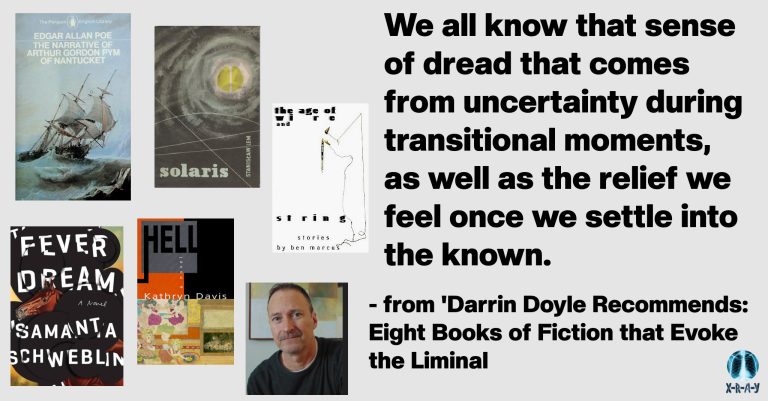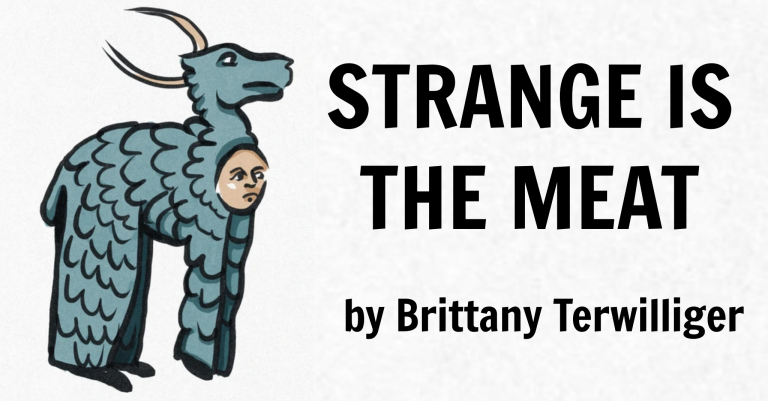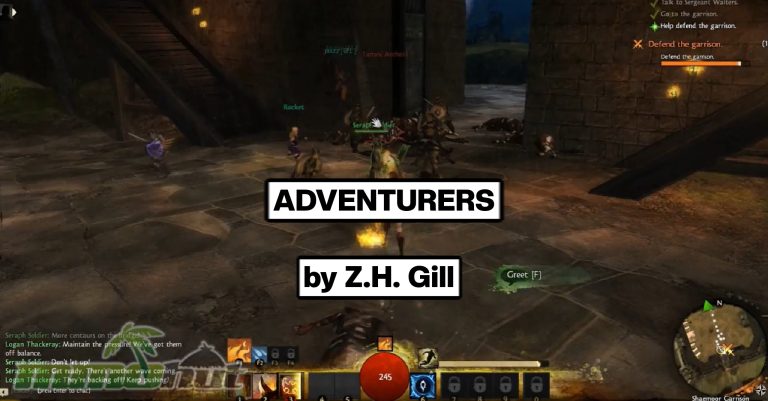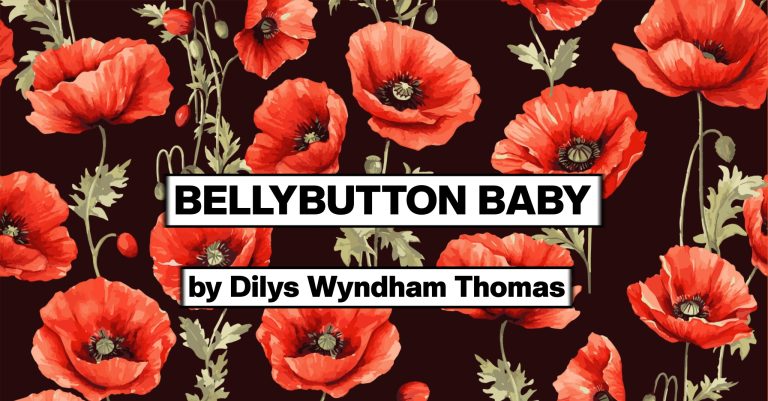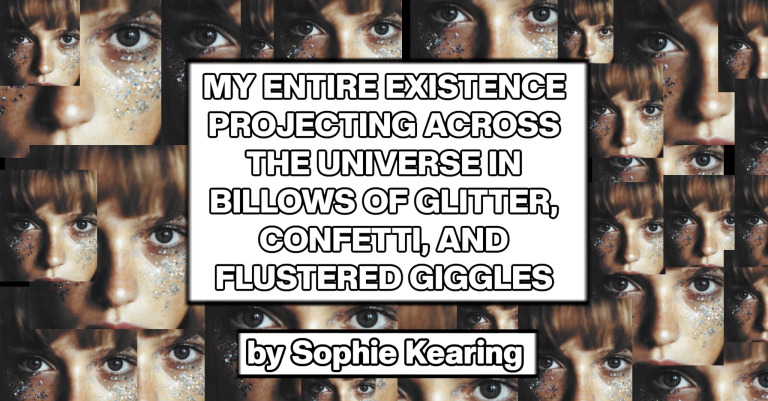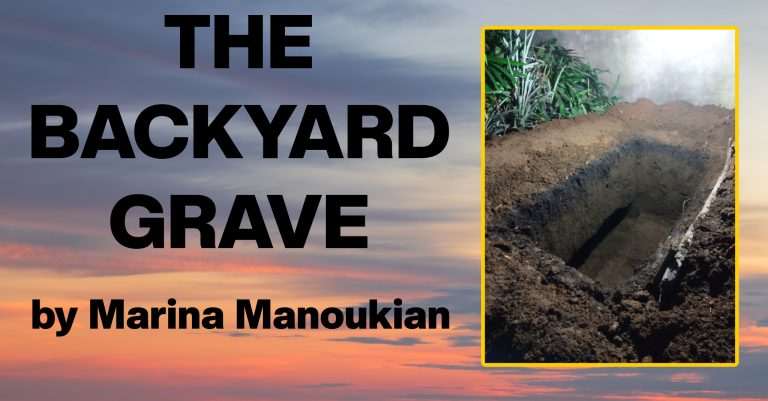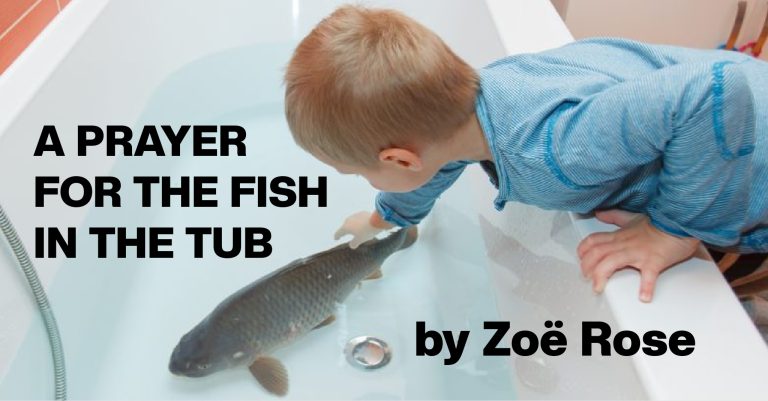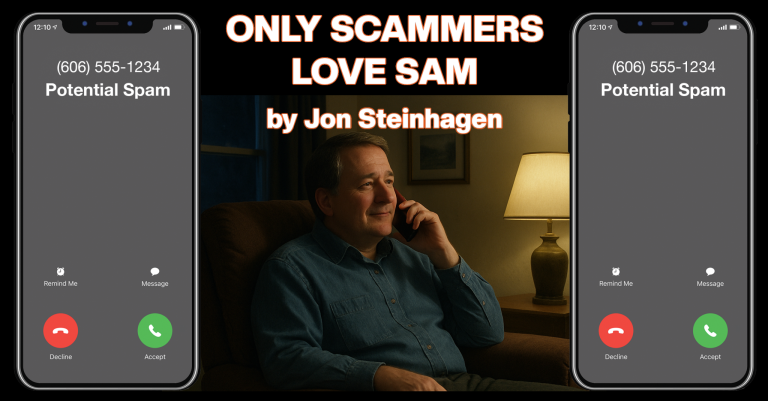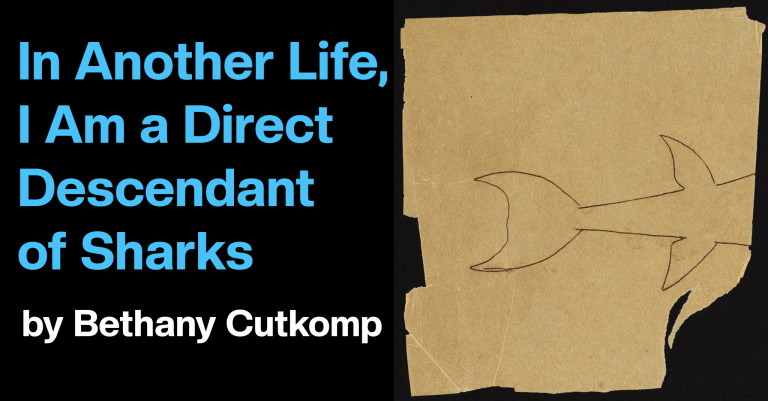
IN ANOTHER LIFE, I AM A DIRECT DESCENDANT OF SHARKS by Bethany Cutkomp
And if I do not keep moving, I will pass away. They call this ram ventilation, a shark’s way of breathing. My invisible gills demand the same method of survival. Since hatching from your womb, I have been burdened to forward momentum, a squirming force to be reckoned with. Raised in a realm above sea-level, however, the current has always worked against my nature. Most mornings, you barely squeeze in the chance to slather sunscreen over my ampullae of Lorenzini—freckles, you insist I call them—before I’m out of the door and down the street, bike pedals whirling, thrusting through the


